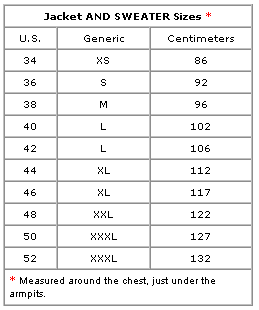

The British people had also suffered economic hardships after the war and with the onset of the Great Depression in the 1930s had contributed to a widespread antipathy to involvement in another war. High losses had been sustained by the British Army during the First World War and many soldiers returned embittered by their experiences. In 1945 both the German and Japanese Armies were defeated and surrendered within months of each other. Meanwhile, in East Asia the Japanese Army were driven back by the Allies from the Indian border into eastern Burma. In 1944 the British Army returned to France and with its Allies drove the German Army back into Germany. This began with victory in the Tunisian Campaign in North Africa in May 1943, followed by Italy being forced to surrender after the invasions of Sicily and the Italian mainland in 1943.

BEFORE AND DURING WW2 ARMY SIZES SERIES
After a series of setbacks, retreats and evacuations, the British Army and its Allies eventually gained the upper hand. After the Dunkirk evacuation of Allied Forces from France (May–June 1940), the army fought in the Mediterranean and Middle East theatres, and in the Burma Campaign. The British Army was called on to fight around the world, starting with campaigns in Europe in 1940.

Eight men would be promoted to the rank of Field Marshal to command these new armies.īy the end of the Second World War, 3.3 million men had served in the British Army and had suffered around 720,000 casualties. This included better equipment and training, better military intelligence and mass conscription that allowed the British Army to expand to form larger armies and army groups, as well as create new specialist formations such as the Special Air Service, Special Boat Service, Commandos and the Parachute Regiment. While there are a number of reasons for this shift, not least the USA joining the Allies from 8 December 1941, an important factor was the stronger British Army. But from late 1942, starting with the battle of El Alamein, fortunes changed and the British Army rarely suffered another defeat. During the early war years the British Army suffered defeat in almost every theatre of war in which it was deployed. It also quickly became evident that the initial structure and manpower of the British Army were woefully unprepared and ill-equipped for a war with multiple enemies on multiple fronts. At the beginning of the Second World War, 3 September 1939, the British Army was small in comparison with those of its enemies, as it had been at the beginning of the First World War.
BEFORE AND DURING WW2 ARMY SIZES PROFESSIONAL
At the start of 1939, the British Army was a small volunteer professional army.


 0 kommentar(er)
0 kommentar(er)
